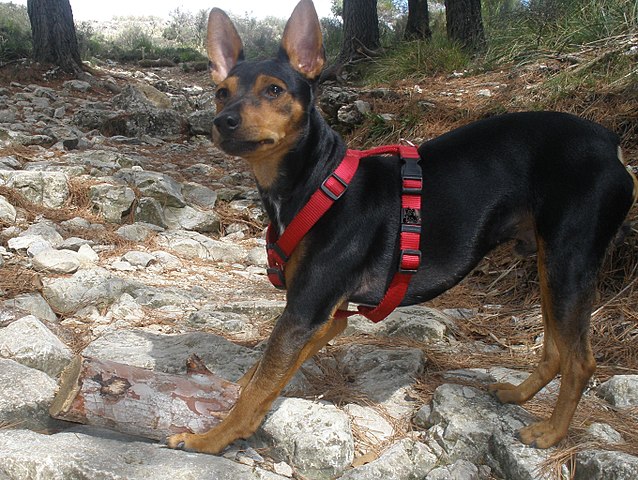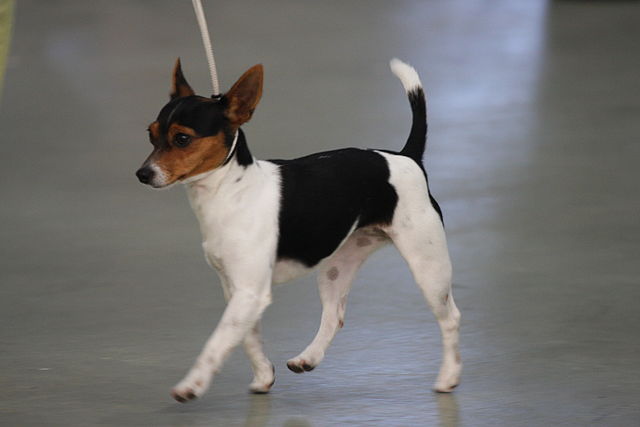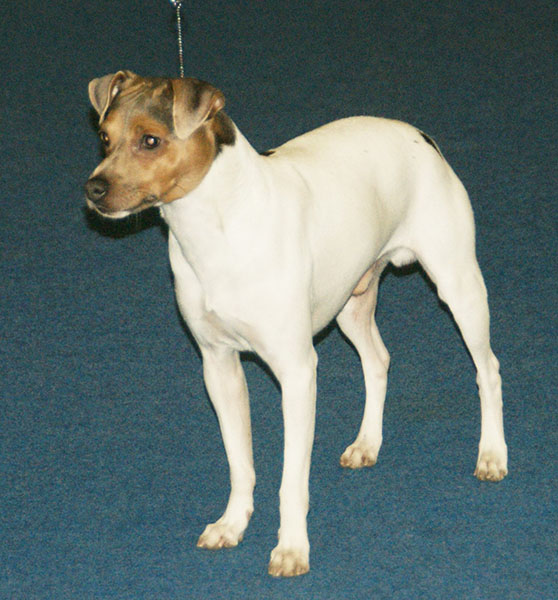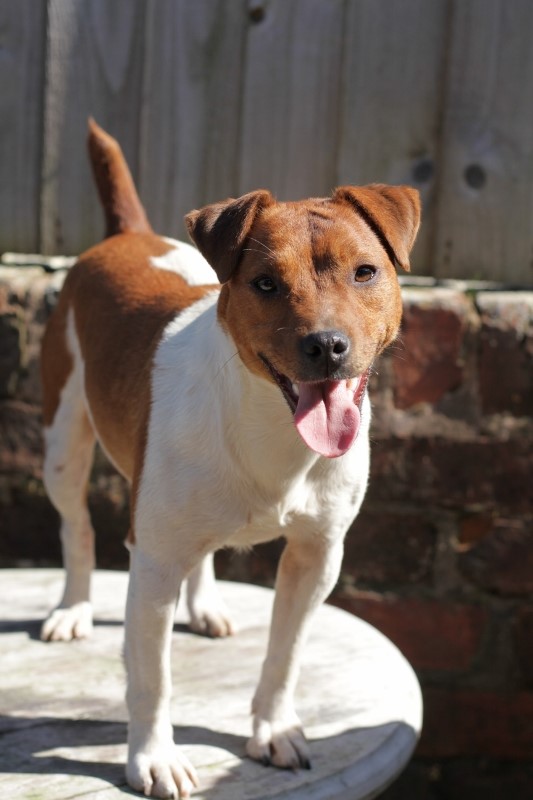The Parson Russell Terrier is known to many as the Jack Russell Terrier. Same breed, although with a somewhat-recent name change! These high-energy dogs will keep most people on their toes and are only recommended for those who have the time (and energy) to devote to them. With a high prey drive and sharp instinct to hunt, they tend to thrive with the “outdoorsy types” who can offer them physical and mental stimulation in the form of regular outings. A fenced yard is very much recommended, as these little guys will be off their properties the second they see a squirrel or rabbit to chase!
Perhaps the number one adjective to describe the Parson is “active”. Some people purchase one of these terriers thinking that it is a small dog and therefore won’t require very much work. Nothing could be further from the truth! It is best to think of this breed as a large dog in a small body… having the same exercise needs as many athletic large breeds do. It takes a lot to wear out a Parson Russell! Furthermore, many remain active even when reaching older ages. As this breed can live to 15 years or longer, that is a long commitment to make for many people. The unfortunate side effect is that many Parson Russells end up in shelters or rescue groups because their owners had no idea what they were getting themselves into.
The Parson also requires a job (or several jobs) to do so that he doesn’t get bored and subsequently destructive. Obedience training is a great outlet, as are other dog sports such as agility and flyball. To satisfy their hunting instincts, many owners compete with their dogs in earthdog and barnhunt events. This breed will always have a desire to hunt but providing them with healthy outlets (like earthdog) will help to keep them mentally stable and fulfilled.
Affectionate with their owners, the Parson especially loves to play… and play… and play! The majority of these dogs don’t seem to come with an “off switch” and particularly enjoy spending all of this active time with those they know and love. This means that if a Parson had the choice between playing with a ball on their own or playing fetch with their owner they would choose their owner every single time. This can occasionally be an inconvenience for someone trying to get work done at home! As long as someone is at home most of the time, however, this should at least satisfy the Parson’s need for companionship. This breed absolutely cannot be left at home for very long periods of time. If not crated, many can become very destructive when bored – separation anxiety can be a major issue with this breed! We recommend the Petmate Vari Kennel – it works great for Parsons! https://amzn.to/3B3CUE6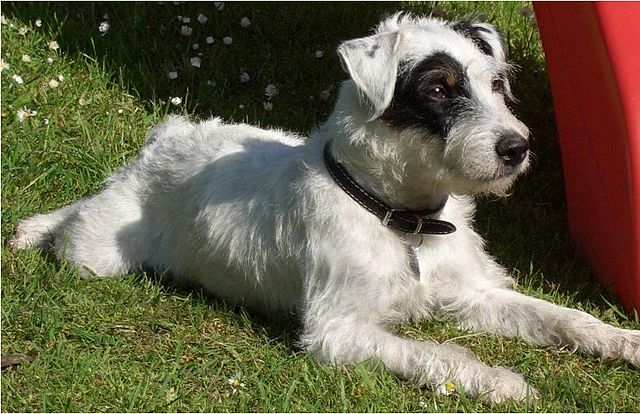
The Parson is also outgoing with new people, and many act as though they’ve never met a stranger in their life! They also love children, although will not tolerate any rough handling. A household with very young children or toddlers should wait until the child grows up a few years before introducing a Parson Russell into their home.
This breed is undoubtably clever, often seen in performance competition events of all types. This said, they are also independent, bold and assertive. If they don’t want to do something, they’ll certainly let you know about it! They will often continuously test their limits throughout their lives, whether in training or just day-to-day life. They must be given rules and those rules must be consistently reinforced so that they don’t end up ruling the household! In extreme cases, the Parson can show aggressive behavior to their owners if never given structure and boundaries.
Some Parsons can become overly possessive of people, places and things that they consider to be “theirs”. This behavior must be stopped at the first sign of it happening. A dog who is trained is less likely to show this behavior, but if they do it is easier to halt it if rules have already been put in place.
Many Parsons do not get along well with other dogs, nor do they live amiably with cats, birds or other small animals. Their exceptionally strong hunting instincts mean that they see small animals as prey, and can injure or possibly end up killing a beloved family pet. When it comes to other dogs, Parsons are fearless and love to fight, especially if the other dog is the same sex as they are. Many will pick fights with much larger dogs “just because”. They therefore do best living as the only pet in the household, although may fare better if the other dog is of the opposite sex. A person thinking about adding a second Parson to the family would do best to consult with a professional trainer or behaviorist first in order to determine how to go about the process safely.
Affiliate Disclaimer
As an Amazon Associate, I earn from qualifying purchases. This means that if you click on an affiliate link on this site and make a purchase, I may earn a small commission at no additional cost to you. Rest assured that I only link to products I have used, or use on a regular basis, and trust enough to recommend them to you!
